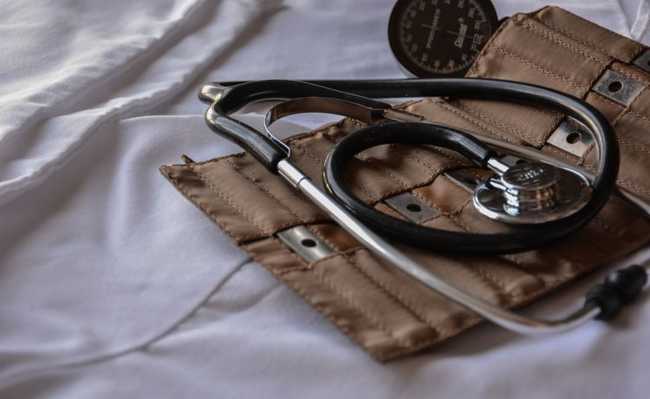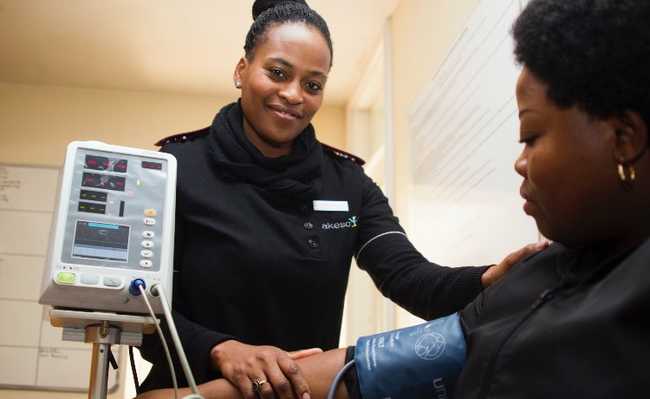Low blood pressure: understand symptoms, causes and treatments
Low blood pressure produces symptoms that can be dangerous and requires as much attention as the better known high blood pressure.

Image of Marcelo Leal in Unsplash
Low blood pressure, also called hypotension, occurs when the pressure reaches 9 by 6 (90 millimeters of mercury - mmHg - by 60 mmHg) or lower. In most healthy adults, low blood pressure has no symptoms or problems - and people who exercise frequently may have lower blood pressure than is considered normal. Low blood pressure symptoms are felt when there is not enough blood flowing to the brain and other vital organs. When symptoms appear, they can be:
- Feeling of weakness;
- dizziness and headache;
- Dark looking;
- Fainting;
- Sleep;
- Tiredness;
- Blurry vision;
- Nausea and vomiting;
- black stools;
- Cold, clammy skin;
- Fast and irregular heartbeats.
Low Blood Pressure Causes
Low blood pressure can have several causes, among them are:- Pregnancy;
- Dehydration;
- Excessive heat;
- Low-salt food;
- Hypoglycemia;
- Bleeding;
- Anemia due to lack of vitamin B2 and folic acid;
- Heart problems;
- Endocrine problems;
- Getting up after sitting or lying down for a long time;
- Stand up for a long time;
- Stress;
- Hormonal problems;
- Some types of medications.
What to do when the pressure drops?

Image: Hush Naidoo on Unsplash
Place the person with low blood pressure lying down with their legs raised, preferably on a chair, so that the legs are higher than the rest of the body and in an airy place. Elevating the legs makes the blood flow back to the brain and heart faster, normalizing the pressure.
Give the person some salty food to consume - avoid direct ingestion of salt, as this may be a high blood pressure attack, which sometimes has similar symptoms. The consumption of a salty biscuit, which contains sodium as well as carbohydrates, or the ingestion of a glass of water with a little salt, which helps to recover the body's hydration, are good options.
Treatment
See a doctor or doctor to recommend the best treatment for you - usually she or he will change or stop medications that lower blood pressure or prescribe medications to treat the problem causing low blood pressure. Also learn about some natural remedy options that help your blood pressure rise.
On a daily basis, if you have been diagnosed with low blood pressure or suffer from bouts of hypotension, consume plenty of water and salty foods. Drinking water will help to cool the body temperature and also eliminate the salt that is consumed too much, preventing swelling. Try to eat light meals and in small intervals with salty foods, such as natural sandwiches, roasted and salty beans or even baked salty foods (avoid fried foods at a time of low blood pressure crisis).
A tip is to eat small portions of salted peanuts between meals or take the opportunity to consume some pumpkin seeds, which help regulate blood pressure. Beware of too much sweets, which can make symptoms worse and cause hyperglycemia.
Learn more about the health benefits of pumpkin seed in this video:










